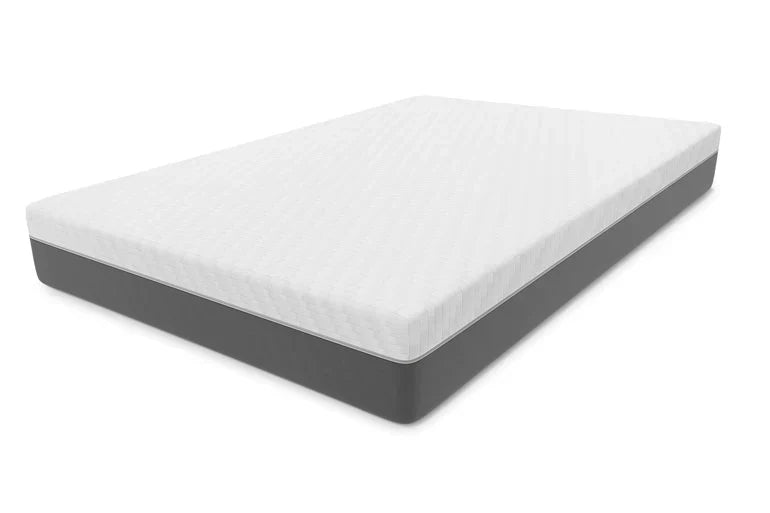Top quality bed that looks like it cost 3 times what it does. Superb quality, easy to assemble. Delighted.
Easy and straightforward to order. Great bed. Really solid and supportive. Would highly recommend.
Well it has been a bit challenging as the second mattress for the trundle bed was too high. They collected it and replaced it with a much softer and much lower one which I wasn't happy about. After further discussion (and limitation on the replacement) we agreed on the 3rd mattress. They participated to the cost of this latest one which was very much appreciated (they are the middleman).
As for the quality of the beds, this is solid wood and I am happy about it. It does look good in my small spare bedroom
The product seems good. A little fiddly to assemble but straightforward.
Delivery was quick and on time as promised.
Bought this for our second bed as loved it on our bed. Service from company is outstanding






